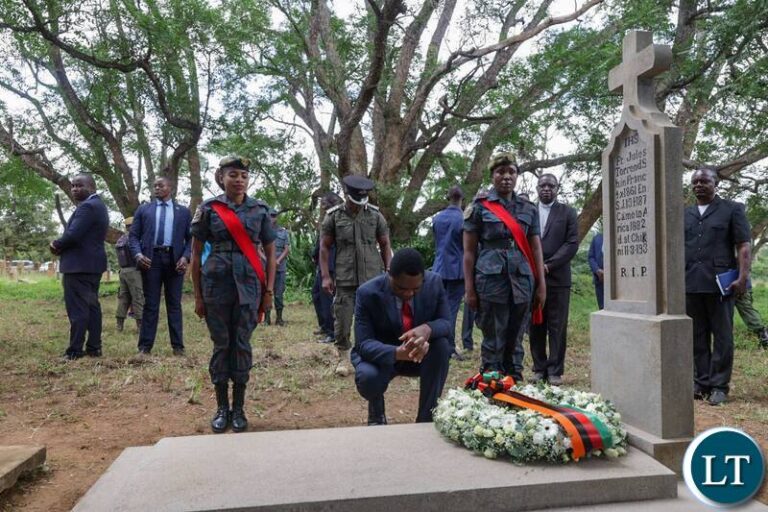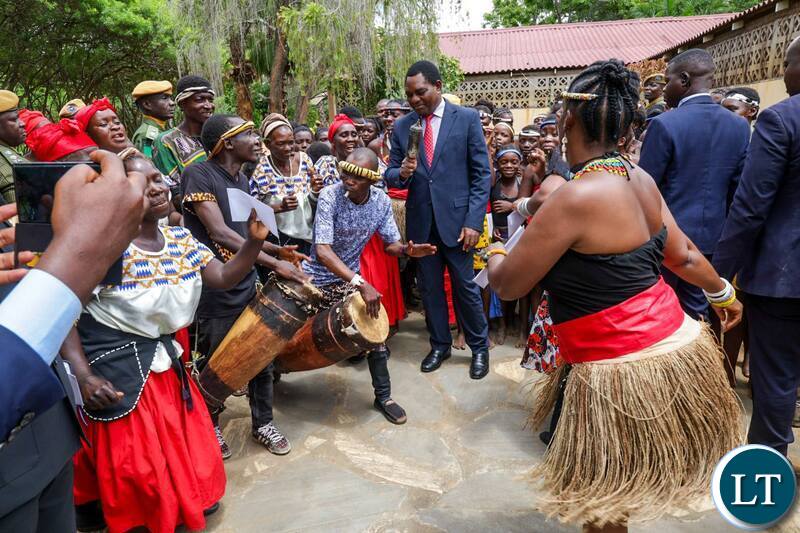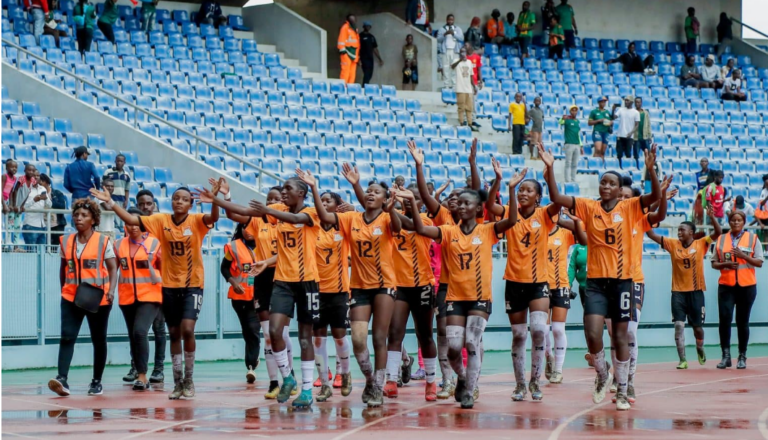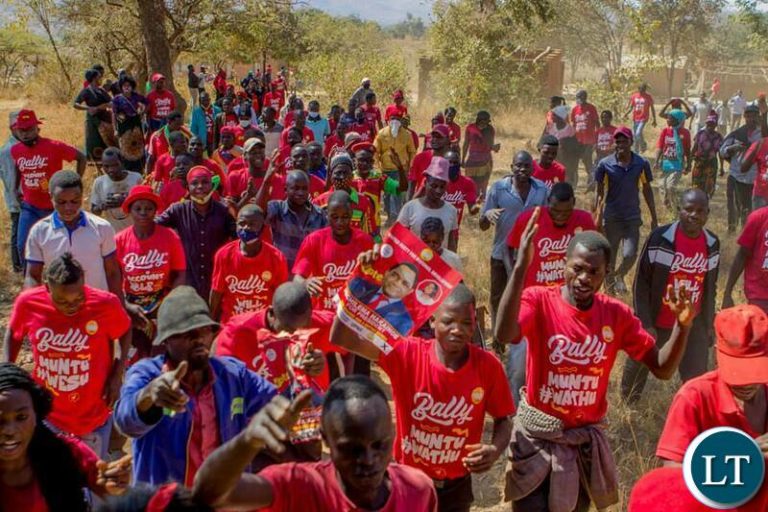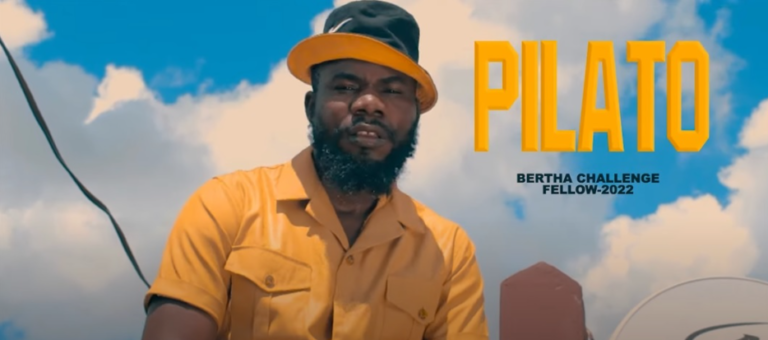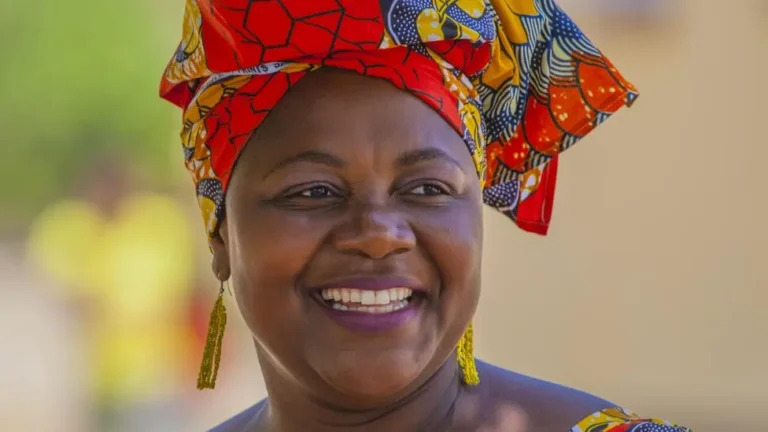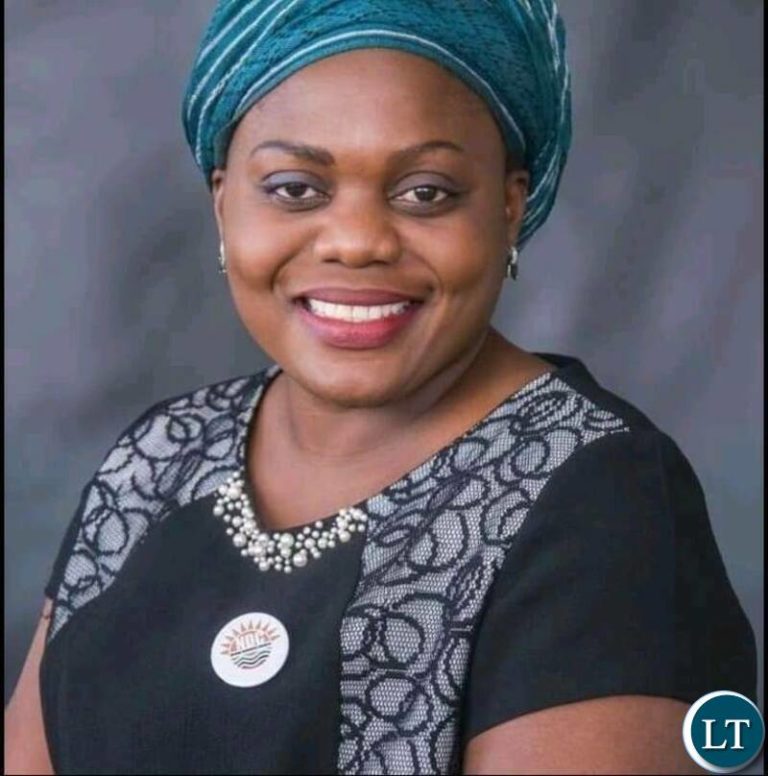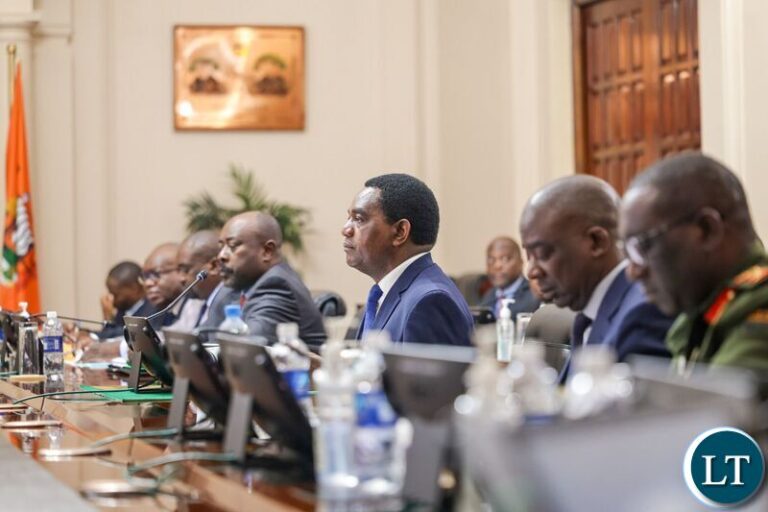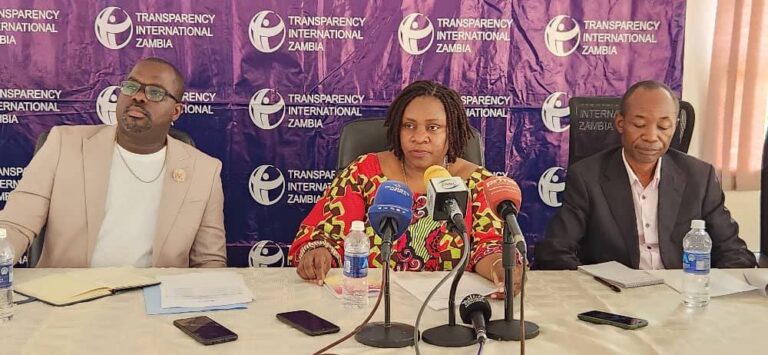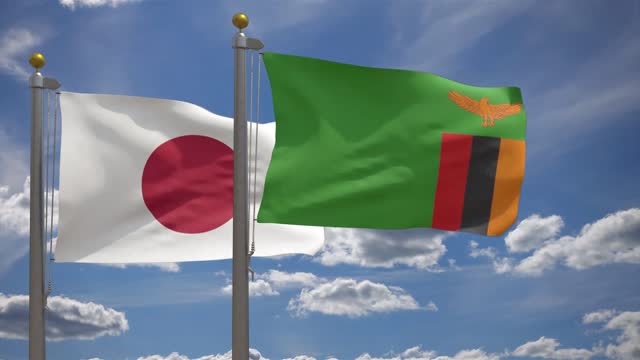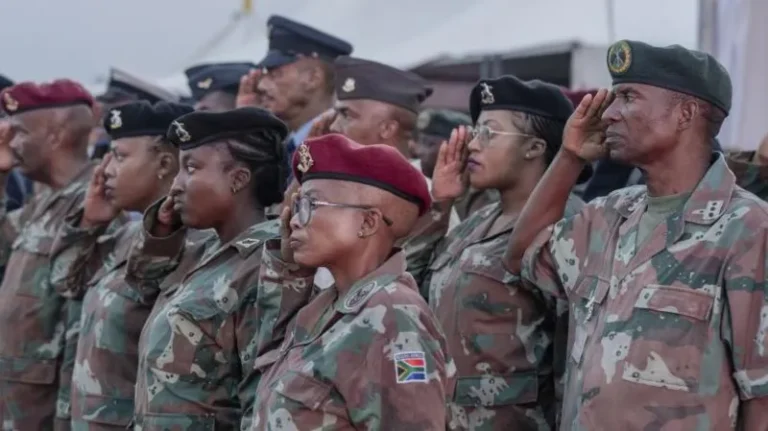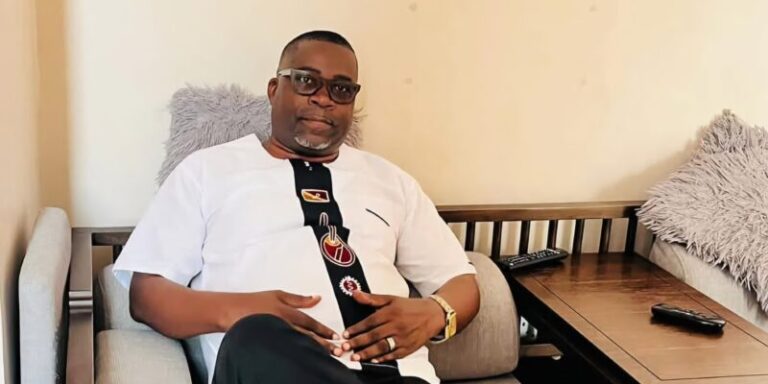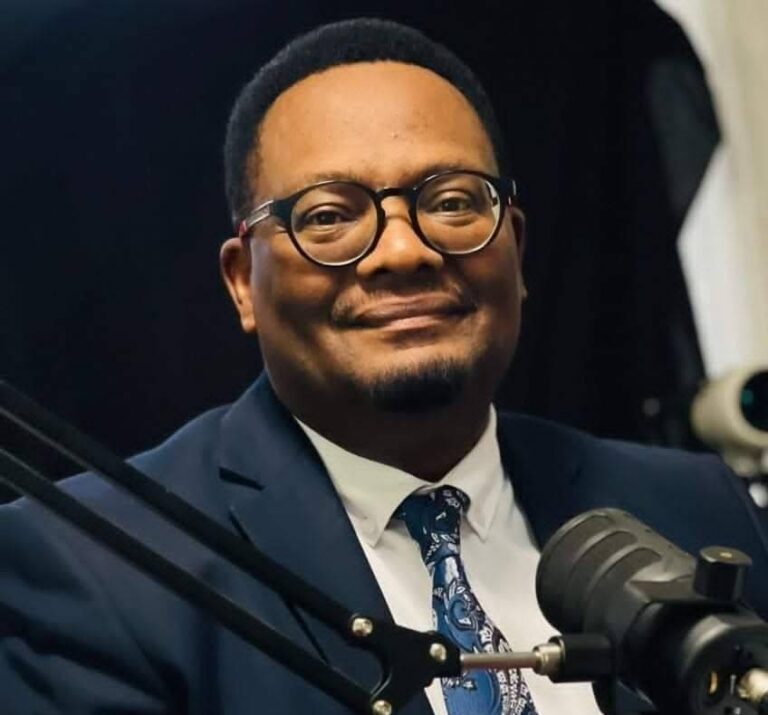President Hakainde Hichilema joined Chikuni Mission in Monze District of Southern Province, to commemorate the 120th anniversary of the Mission’s founding. The historic occasion highlights the mission’s lasting contributions to education, agriculture, and healthcare in Zambia.
Upon arrival, President Hichilema toured Mukanzubo and the Cardoner prayer garden before proceeding to Kasika Cemetery, where he laid wreaths on the graves of the late Fr. Joseph Moreau, SJ, the founder of Chikuni Mission, and Fr. Jules Torrend, SJ, another pioneering Catholic priest.
The President later officiated at the launch of a five-year roadmap leading to the 125th anniversary of Chikuni Mission, emphasizing the mission’s profound historical and cultural significance. Addressing the gathering, President Hichilema called for unity, love, and peace as essential pillars for national development.
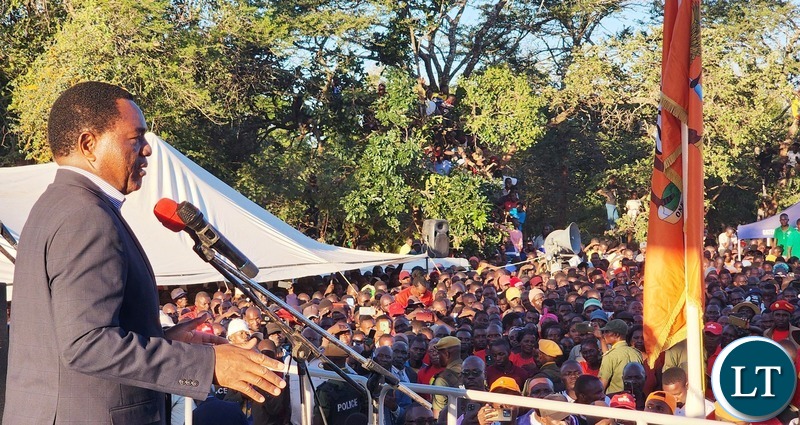
A Legacy of Faith, Education, and Progress
Founded 120 years ago by French Jesuits Fr. Joseph Moreau, SJ, and Fr. Jules Torrend, SJ, Chikuni Mission has played a crucial role in Zambia’s educational and social landscape. Their work was made possible with the support of local pioneers, including James Haatontola, Henry Jahaliso, Joseph Bbiinya, and Alfred Joojo, while Chief Moonze generously provided the land for the mission.
Beyond spreading the Gospel, the Jesuits at Chikuni established a foundation for education and healthcare, institutions that continue to benefit communities today. Fr. Moreau was instrumental in introducing the ox-driven plough, revolutionizing agriculture and ensuring food security not only in Chikuni but across the country. His efforts empowered local communities by fostering self-sufficiency and economic growth.
Even after Zambia’s independence, Chikuni Mission remained a pillar of development. Jesuit scholars contributed significantly to the establishment of the University of Zambia, serving as lecturers, deans, and professors. Educational institutions such as Canisius College and Charles Lwanga College, both affiliated with the mission, have continued to shape Zambia’s leadership across various sectors.
President Hichilema expressed his deep appreciation for the Jesuits and the Catholic Church’s unwavering commitment to nurturing and expanding Chikuni Mission’s vision. He commended their role in strengthening Church-State relations and fostering national development for more than a century.
“The story of Chikuni is a testament to the courage, vision, and sacrifice of men and women who dedicated their lives to ensuring a better future for others. They sowed the seeds of knowledge, faith, and resilience so that generations to come would reap the harvest of their labor,” said President Hichilema.
The anniversary celebrations also mark the beginning of activities leading up to the mission’s quasquicentennial (125th anniversary) over the next five years. As the nation reflects on Chikuni’s enduring legacy, the spirit of service and dedication exemplified by its founders remains a guiding force for future generations.


